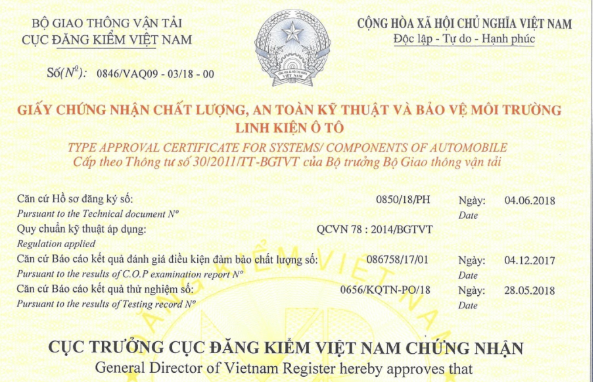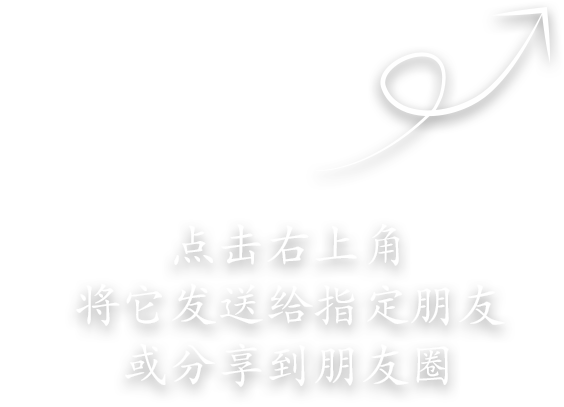
The Vietnamese motor vehicle type certification system is a certification system established by the Vietnamese government to ensure the quality and safety performance of motor vehicles. This system is mainly managed and implemented by the MOT Ministry of Transport Vietnam and its subsidiary VR Vietnam Register.
In Vietnam, all domestically assembled or imported motor vehicle products, including new energy vehicles, require type certification to enter the market and be legally used. The main purpose of type certification is to ensure that vehicles comply with Vietnam's mandatory technical standards and safety performance requirements.
The car inspection process in Vietnam is mainly divided into two parts: data review and actual vehicle inspection, and different operating procedures are stipulated for the two different import methods of Complete Built Up (CBU) and Complete Knocked Down (CKD).
Since April 2018, the Motor Vehicle Registration Bureau has mandated Vietnam VR certification for automotive parts in the aftermarket. Currently, the mandatory certification covers products such as helmets, safety glass, wheels, rearview mirrors, tires, headlights, fuel tanks, batteries, interior materials, pressure vessels, and power batteries.
The Vietnamese Registry (VR) is the national regulatory agency responsible for the safety and quality of vehicles and transportation equipment. World leading companies collaborate with Vietnam Registered (VR) and local laboratories to assist domestic component manufacturers in completing VR certification for automotive parts. For both imported and locally assembled cars, type approval procedures must be followed.


